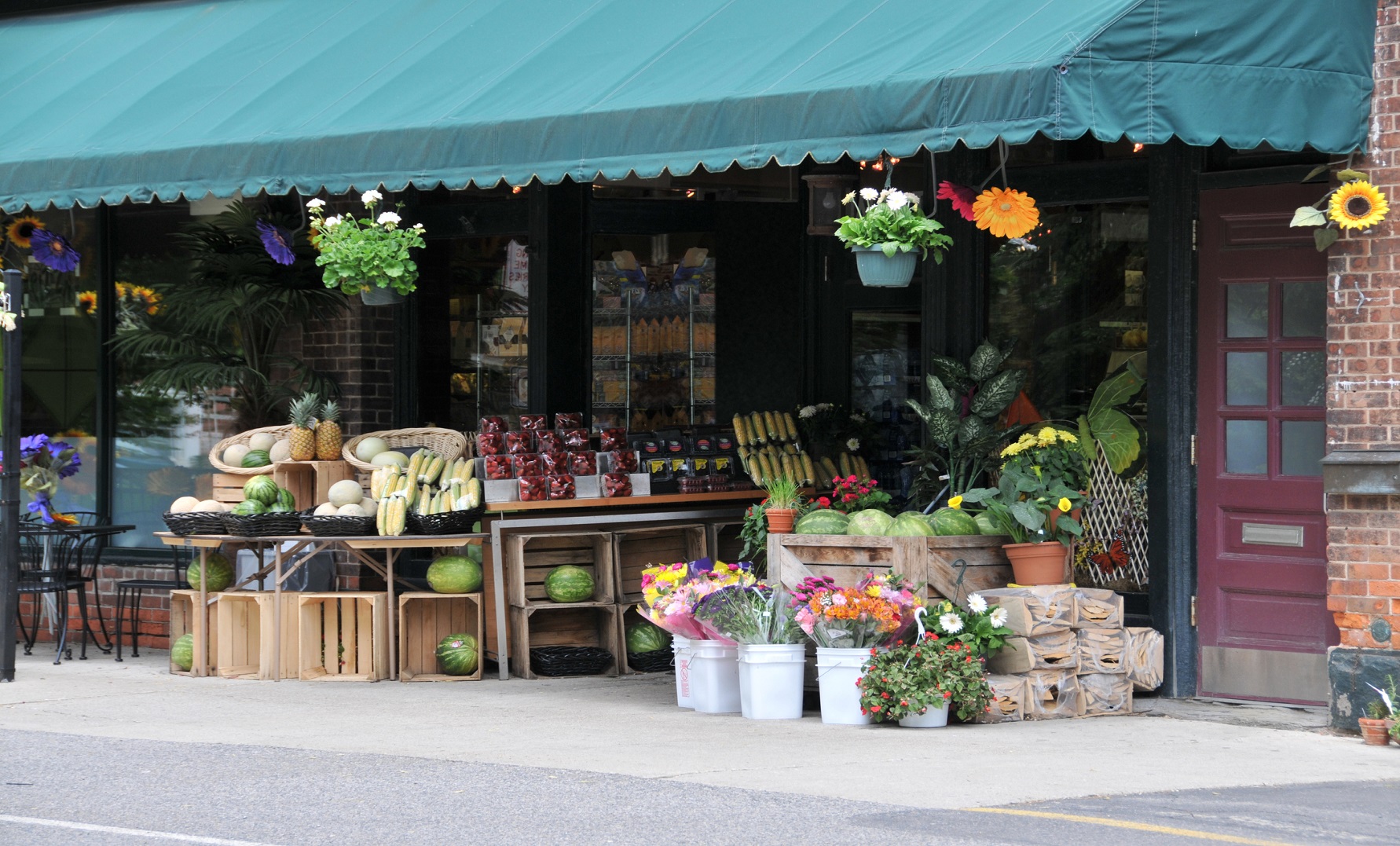2016 will be the first year that on-line sales outpace in-store sales
Amazon has two-hour delivery and great prices. 2016 was the first year that on-line sales will probably outpace in-store sales. They did over the Black Friday weekend according to an article in
Fortune. UPS and USPS trucks were delivering on our street daily throughout the Holidays. Macy's announced on January 4th that they are closing 68 more stores and laying off 10,000 employees in the United States. For the past decade, Wal-Mart has been responsible for the demise of many local retail stores. Home-Depot and Lowes have replaced local hardware stores in many communities. Is this progress? We have a new contributor from Australia. In her first article, she writes about how small convenient stores have been put out of business in Australia. She writes:
One of the best things about being a kid was knowing that for a single dollar I could purchase 100 small wrapped candies. That's right, 1c a pop! I would bring home a huge paper bag full that would take at least a couple of days (or sometimes hours) to swap, share, and devour. You are probably wondering if I was a kid in the 1920s, and I bet you want to know where I could have possibly found such a bargain. Well, let me tell you - it was actually the 1980s, and this magical place was the Corner Store. Never heard of it? I don't blame you. Growing up in a small town in regional Australia, there were two corner stores we could choose from. Now, some 20 years on, there is only one corner store. Just one.
These days, the growing dominance of supermarket giants is killing corner stores off quicker than you can say, "I wish I had a bag of those candies right now". Australia has one of the most concentrated grocery sectors in the world with Woolworths and Coles dominating with 80% market share of an industry valued at AU$80+ billion. (To learn more about the supermarket giants visit The Sydney Morning Herald.) The two major players are Woolworths Supermarkets, affectionately referred to as "Woolies" and Coles Supermarkets, which celebrated its 100th birthday in 2014. For over a century, Coles has been, selling Aussie families the products they need for a happy, healthy home life, at prices they can afford. Tough to compete with, I know. To make matters worse (or better), in 2001, the German discount grocery store, Aldi entered the market as a keen competitor.
The price wars between the key chain stores has resulted in major price reductions for customers, making bread, milk, and other staples more affordable. As consumers, we benefit from high quality fresh food that is value-for-money. On the flipside, the dominance of these supermarkets forced many food producers to reduce their prices and profit margins. While many farmers used to supply local corner stores, they now have to rely on the larger supermarkets to sell their goods. Farmers can either accept the lower rates, or risk not selling their products at all.
The price war is minimal between the supermarket giants, but between the major supermarkets and the same corner store that serviced my sweet tooth as a child, the price difference is astronomical and is having costly effects on corner store owners. For example, I recently paid 85 cents for a loaf of bread at a supermarket. The corner store offers a similar - albeit less fresh product - for almost $5! My friend from high school, who now owns the corner store I used to frequent as a child, no longer stocks fresh fruit and vegetables, as the products simply do not sell. She only orders small batches of dairy products, often to the frustration of customers who arrive mid-morning to sold-out milk. She does this because she can't afford to lose revenue when products go out-of-date before they are sold.
With more than 2026 Coles (776), Woolworths (980) and Aldi (270) stores across Australia, open for trading 7 days a week, food and grocery shopping is more accessible than ever before (Woolworths Supermarkets) (Coles Supermarkets) (Aldi). There is little wonder that corner stores are becoming a distant memory.
Let's not let the corner store be known for stale bread, out-of-date milk and spoiled fruit. While they may not still have 1 cent sweets, buying local and buying often will ensure fresh deliveries are warranted and may even save the life of one corner store known and loved by someone like me.
Learn more with our Free Supply and Demand Lessons
We recommend our 11 lessons on
supply and demand if you would like to learn more about how pricing and efficiency affect the markets. All our lessons are free and provide text, interactive exercises, review questions, a related scripture lesson, and videos acted by students illustrating an economic concept. Please share this with other economic students and teachers.
